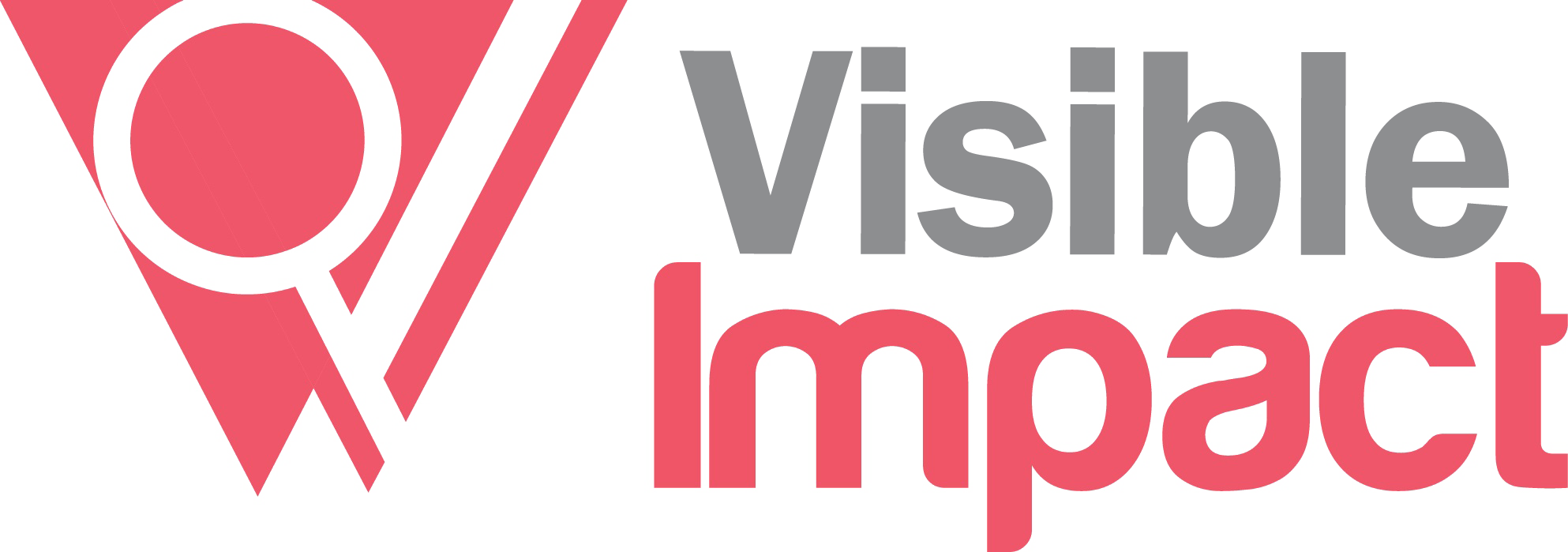"TROLLING AND ONLINE SEXUAL HARASSMENT"
Our society is getting advanced day by day due to new technological inventions. Social media has been one of the important sources of entertainment and information during the COVID – 19 pandemic. We have indulged ourselves on Facebook, Instagram, Twitter, YouTube, Tiktok, etc. so much that we find it impossible to live without them. One way or the other, our lifestyle has been integrated with the sphere of the internet, smartphones, and social networking. The Internet has appeared to be a very useful tool to access information within the reach of our fingertips but this virtual world also has a darker side which is being misused to spread negativity, crime, and harassment.
Memes are very famous these days on social media platforms. These are supposed to be based on humor and make us laugh but these days they have become a source of trolling and bullying people. These are mainly targeted at women, LGBTIQ, etc. Men are targeted too but their proportion is very less than the others. Ridiculing, body shaming, and trolling has reached epidemic proportions with traditional derogatory Nepali words commonly used in the posts. Talking about one such case, Nikesh, who likes to be identified as Nikisha, a minor, is trolled mercilessly just because they showcase their dancing skills in Tiktok and other platforms. There are various popular Nepalese pages on Facebook which troll them by labeling them as “chakka” and other shameful words. Such activities badly affect the mental health of the person who is being ridiculed. In some cases, people get so depressed with continuous trolling that they choose to end their lives.
Trolls on various social media platforms target and provoke women to get an emotional response and later escalate into more vicious attacks. These posts range from jokes about the body shapes of women to obscenity and personal abuse which are new forms of misogyny in Nepal. Outspoken women, celebrities, and female journalists are often the targets of mass trolling. Once a popular actress of Nepal who gave an opinion about another famous actor wasn’t well appreciated by many people, so they passed extremely derogatory and obscene comments in the actress’s posts. Some of them even made vulgar cartoons and memes using her face. She nearly got into depression because of this and even apologized to everyone for her previous statement. But the trolling and online harassment didn’t stop here. Only after a few of the posts were reported to the Cyber Bureau, the matter started fading. These are just a few examples of online harassment which happens almost every day.
Online abuse manifests in the sexual objectification of women and the threat of sexual violence which has encouraged and planned rapes against specific women. Group chats such as the “Boys Locker Room” in India and the “Nepali Babes” on Reddit reflect the online version of a culture of rape, male-dominated society, and overall gender-based violence seen in South Asian countries.
In Nepal, 5,574 cases of online harassment were reported to the Cyber Bureau of Nepal within the period of four years (2016-2020), which is assumed to be a very minimal representation of reality. Among the reported cases, only a few are investigated. The Constitution of Nepal, 2015, has ensured the right to freedom of opinion and expression under fundamental rights in Article 17(2)(a) which can be understood as the right one has to hold their opinions and ideas on certain matters without interference from others but it doesn’t give us the authority to defame others. Although we have national laws, due to the lack of their proper and effective implementation, the trollers and harassers are publishing explicit contents crossing the limitations which aim to sexually defame women, LGBTIQ, etc. Acts of humor should not be allowed to promote gender-based violence. While enjoying one’s rights ensured by the constitution, we should also be careful about the limitation imposed there. Trolling, bullying, and online sexual harassment can badly affect the mental health of the victim. Making fun of others’ insecurities and mocking them for being themselves is a very immature and derogatory thing to do. Hurting others’ feelings just to have some fun doesn’t sound cool.
Lastly, common people like us, are also responsible for spreading hate and negativity on social media. We play a major role in preventing such harassment and bullying of others- whether they are our friends/family or a celebrity. Most of us tend to encourage trolling by sharing those derogatory content instead of reporting them. Next time, when we see such derogatory and shaming content on social media platforms, let’s make a pledge that we are going to report it immediately. Let’s play our part in minimizing online sexual harassment!
